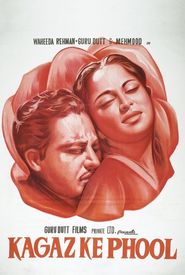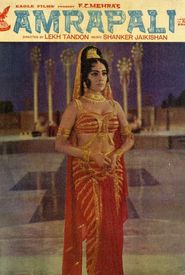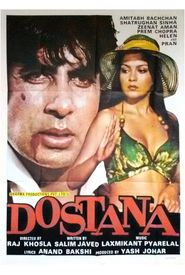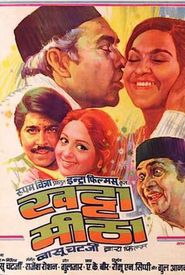Ruby Myers was born in Pune and worked as a telephone operator when she was approached by Mohan Bhavnani of Kohinoor Films to act in films. Despite initial reservations, she eventually agreed to pursue a career in acting, despite having no prior knowledge of the craft.
Under Bhavnani's direction, Ruby Myers became a star at Kohinoor Films, and later moved to the Imperial Film Company, where she became the highest-paid movie star in the country. Some of her popular films include Typist Girl, Balidaan, and Wildcat of Bombay, in which she played eight different roles.
Ruby Myers' fame peaked during the silent film era, with three romantic super hits in 1928-1929, including Madhuri, Anarkali, and Indira BA. Her popularity was so widespread that a short film featuring her dance from Madhuri was shown alongside a film about Mahatma Gandhi.
With the advent of sound in films, Ruby Myers' career experienced a lull, as it required actors to be proficient in Hindustani. She took a year off to learn the language and made a grand comeback with the talkie version of Madhuri in 1932.
Ruby Myers went on to make further talkie versions of her silent hits, including Indira, Anarkali, and Bombay ki Billi. She was drawing a salary of Rs 5000 per month, owned a sleek Chevrolet, and had a romantic relationship with D Billimoria, with whom she worked exclusively between 1933 and 1939.
However, once their love story ended, Ruby Myers' career began to decline. She left Imperial Films and found few offers forthcoming, as newer, younger, and more proficient actresses had entered the scene. She attempted to make a comeback with character roles, but these were few and far between.
Despite her declining career, Ruby Myers still managed to excite controversy in 1947, when her film Jugnu was banned by Moraji Desai due to a morally reprehensible scene featuring her character. She acted in her third Anarkali in 1953, this time in a supporting role as Salim's mother.
Ruby Myers eventually passed away lonely and forgotten in 1983 in her flat in Bombay, a sad end to a woman who was once famous for drawing a larger salary than the Governor of Bombay and who even acted in a film named after her, Sulochana.


























